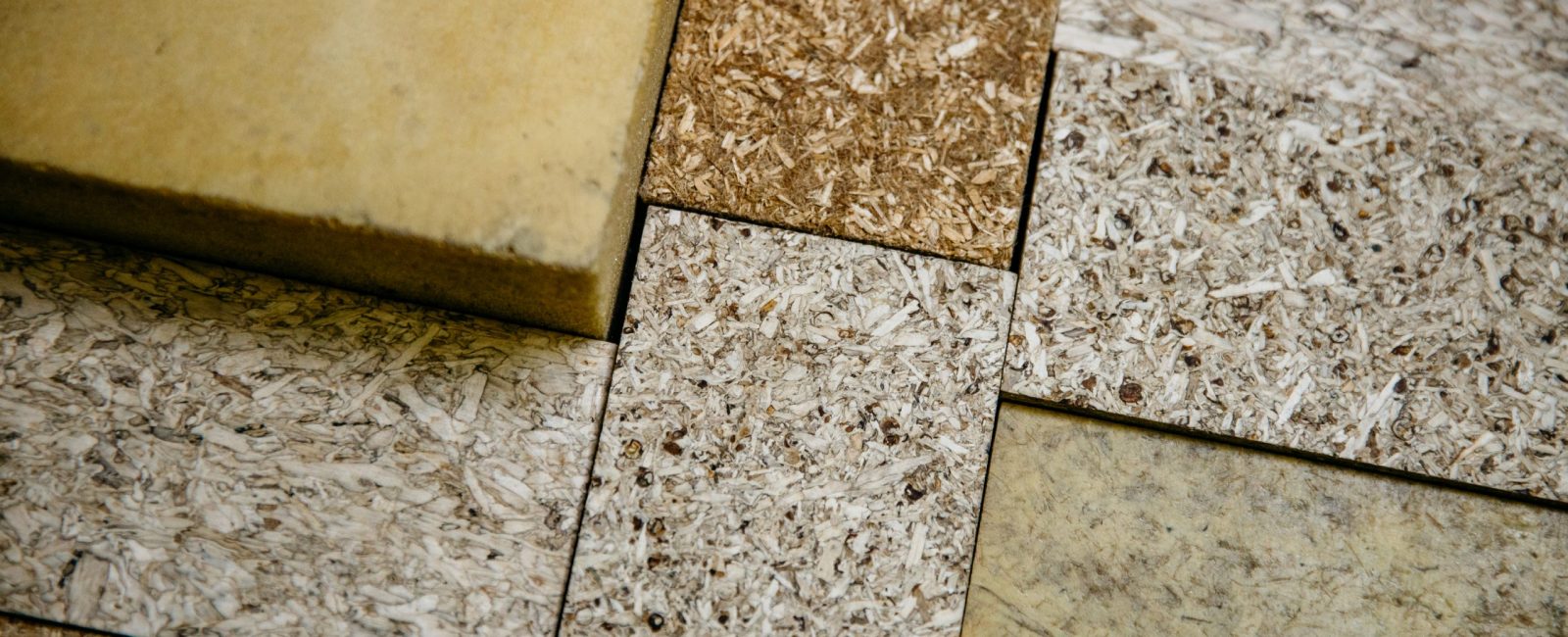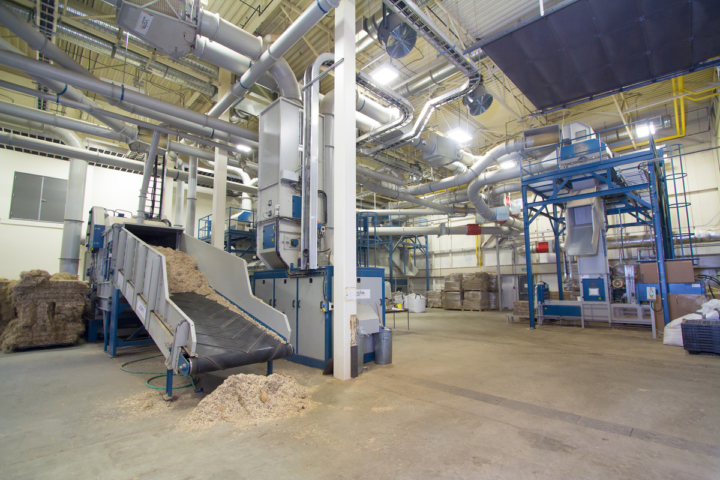Pulp Piloting & Pulp Materials Testing (Wood & Agricultural Feedstock)
Our capabilities and expertise at this facility include chemical and mechanical pulping, bleaching, and papermaking. Our pilot plant facilities allow our clients to replicate mill-scale processes and the facility can produce one to 10 kilograms of either chemical or mechanical pulps. Upon receiving the raw material, it can be screened, cleaned, and/or bleached to meet a target pulp grade specification. An industry-standard laboratory evaluates pulp for quality.
Our facilities include woodchippers, various screens, atmospheric refiners, and hydro cyclone, which give the mechanical pulping and chemical pulping pilot plant the means to process the raw product from whole wood to final pulp product. Materials that can be processed in the pilot plant include wood and various agriculture fibres, such as hemp, flax, and wheat straws.
Capabilities
- Product development and improvements
- Process studies of non-wood fibres
- Assessment of new technologies
- Process simulation for proof of concept
- Bleaching, washing, and fractionation studies
Product Evaluation and Testing
- Well equipped TAPPI standard pulp testing lab for processing and testing of pulps
- Chemical pulp evaluations, including Kappa number and Klason Lignin
- CT & H room equipped to perform standard pulp and paper evaluation tests
A pressurized 45L reactor system for conducting pilot-scale chemical treatments including chemical pulping. This system is capable of operating at temperatures up to 200°C and pressures up to 210 psi. Its novel piping configuration and control program enables it to delignify both wood and non-wood (cereal straw, hemp, and flax) fibres with continuous liquor recirculation while preventing the extraction screens from plugging.
This reactor was designed to also be used as a pressure-controlled or temperature-controlled batch reactor in virtually any chemical processing application, including distillation and extraction. All process parts are made from 316 and 304 stainless steel, Viton, and TFE.
Other potential applications with this system include organsolv and specialty chemical extractions or reactions.
This system’s components include a 70L liquor tank, recirculation pump, and 1 m² area heat exchange.

